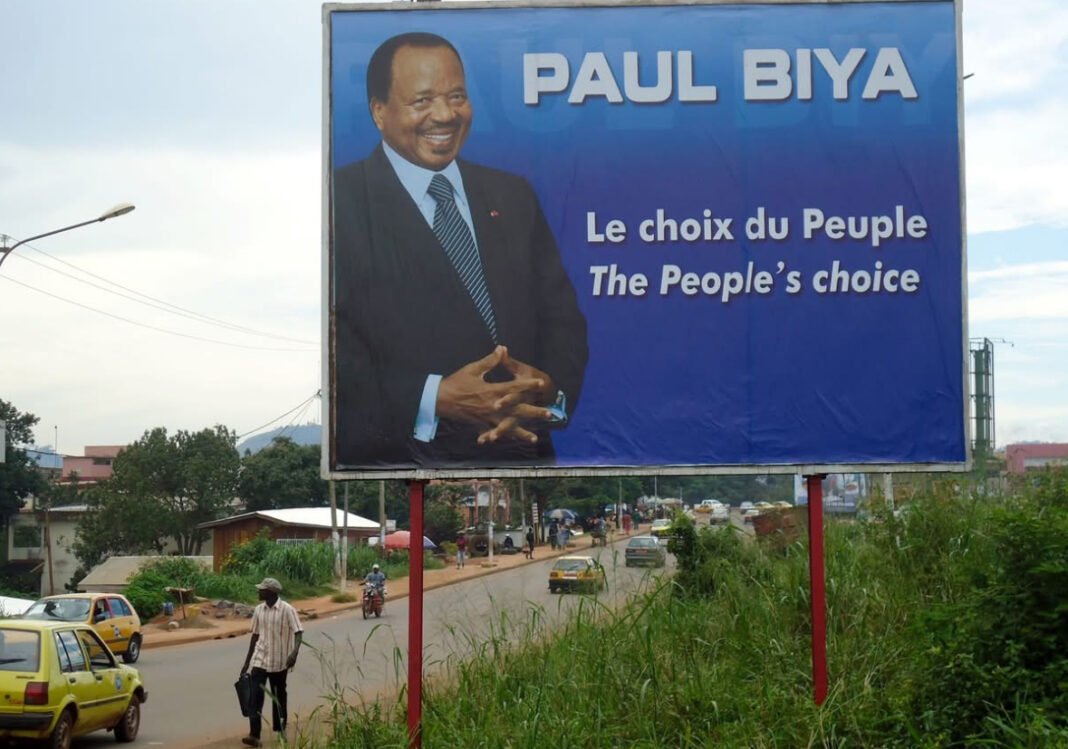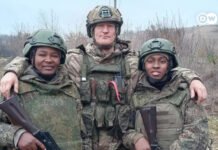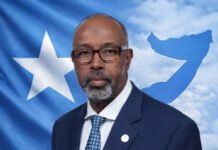YAOUNDE, (HAN) — Paul Biya, the 92-year-old President of Cameroon and the world’s oldest sitting head of state, is running once again for the country’s highest office, aiming to extend his remarkable 43-year rule by another seven years.
Cameroonians headed to polling stations today to vote for the leader who will guide the nation through the next term. Biya first came to power in 1982 and has since won every national election, making him one of the longest-serving leaders in modern global politics.
This year, Biya faces 11 challengers, but political analysts widely predict he will secure another term. Despite his advanced age and decades in power, Biya remains a dominant figure in Cameroonian politics. His leadership has been marked by periods of relative stability, economic growth in some sectors, and persistent challenges, including ongoing tensions with separatist movements in the Anglophone regions of the country.
Critics have long voiced concerns over the concentration of power, limited political competition, and a lack of clear succession plans. However, supporters argue that Biya’s experience provides stability in a region often challenged by political turmoil.
Over the past four decades, Biya has navigated Cameroon through economic crises, regional security threats, and political unrest. International observers are closely monitoring today’s elections, which are seen as a litmus test for governance, democratic processes, and political continuity in the country.
As Cameroon votes, the world watches a historic moment: a leader whose tenure has spanned generations continues to shape the nation’s future, raising questions about age, longevity, and the evolving nature of leadership in Africa.





